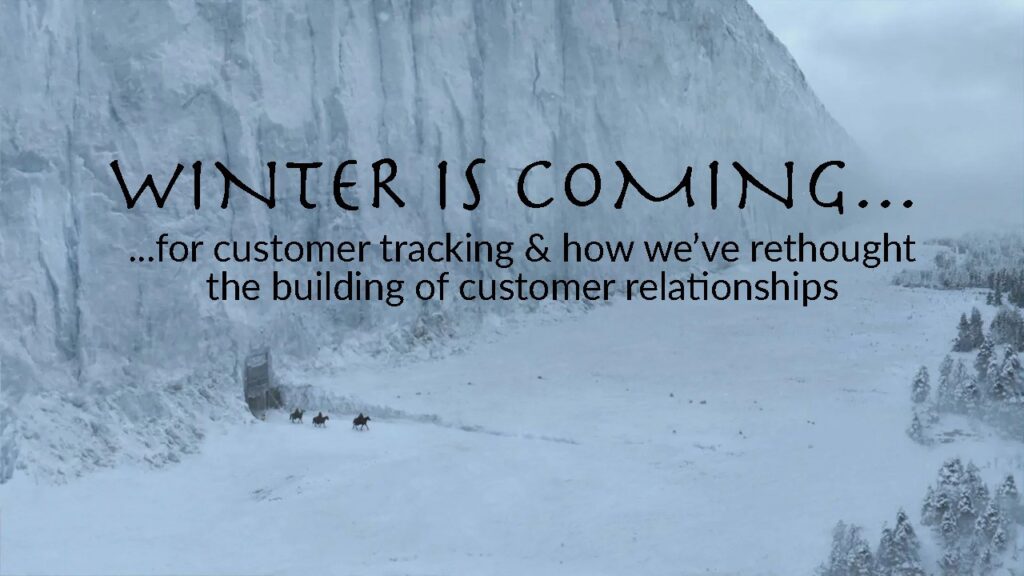Change is upon us

A worrisome report from McKinsey projects that publishers stand to lose up to $10 billion in annual digital advertising revenue with the demise of the third-party tracking cookie and its ability to optimize targeting and revenue return. Many publishers are actively planning for reduced editorial headcount.

In addition to chaotic conditions brought about by macro-level events (pandemic, war, inflation, etc.), the disappearance of reliable third-party data means that, in order to remain viable, a sprawling, chaotic industry is going to have to start doing a lot of things differently. A few issues stand out as promising disruptive change: customer relationships, first-party data, privacy and content optimization. Anticipating these circumstances, we built our platform, Oomiji, to work with and complement existing technologies across departments and functions to expand data files and strengthen customer relationships for brands, agencies and their media partners.
Oomiji helps brands gather first-party data and expand their customer files through direct, authentic, personalized, permissioned communication. The McKinsey report referenced above notes that the most prepared brands and advertisers are the ones that have created experiences that enable customer consent for data collection and value exchange.
In the world we’re approaching, customer data will no longer be readily available for advertisers’ enjoyment. Everybody will be better off, especially consumers who don’t want to be tracked and instead value transparency, quality relationships and thoughtful experiences..

Oomiji engages customers with conversation-like surveys, customized content and the opportunity to have their thoughts heard through open-ended questions and prompts. The insights and data yielded will be indispensable in the coming landscape, to make no mention of the value-exchange that’s required to generate brand loyalty and repeat business.
We built Oomiji to be authentic, transparent and human, but it’s also designed to optimize the investment and performance of existing technology stacks. It does this by leveraging and expanding customer files and enabling precious first-party data collection. Behavioral modeling doesn’t work in wholesale unpredictable environments (like now), and a sophisticated, effective martech stack is going to need a supply of reliable, consented data.
Successful companies, whatever their business, actively ask their customers questions and listen to what they have to say. It’s not the whole picture, but an essential part of it. Companies have become accustomed to turning customer feedback into the zeros and ones that become Big Data. However, the loss of ad-targeting tracking that comes from cookies will force rethinking the customer communication process. Consider this: when we meet each other, we ask questions, acknowledge and respond. This natural human process is iterative and is how we learn about each other and create relationships. That’s how companies need to think about their customers and martech platforms designed to facilitate that process, like Oomiji, are the future.



